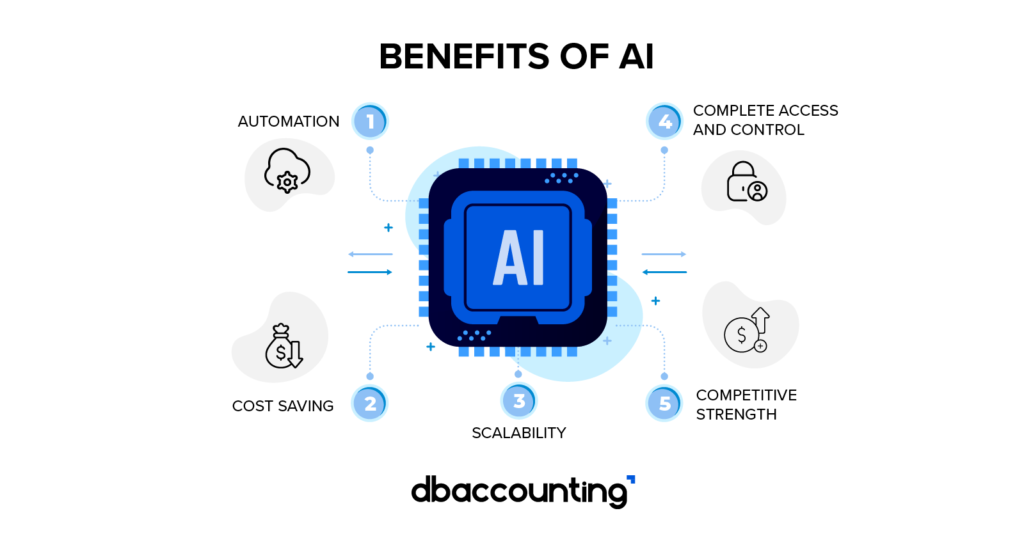Finance and Accounting (F&A) teams are essential to business health—providing financial insight, ensuring compliance, and maintaining order. When things run smoothly, many CFOs hesitate to pursue major transformations fearing complexity, disruption and multiple other F&A outsourcing challenges including data security, cultural fit of service provider and compliance issues.
However, this reluctance can lead to missed opportunities for growth, efficiency, and agility.
According to this recent report escalating talent crunch was an unanticipated headwind, at least at its level of severity, leaving many CFOs struggling with unfulfilled positions and overworked staff. Notably, in the same report, 90% of CFOs who outsource report having little difficulty finding qualified accountants when needed—a sharp contrast to the 100% of non-outsourcing CFOs who say they struggle to find suitable accounting talent.
Large-scale transformative exercises like outsourcing roles as a strategy is not without risks. Anticipated F&A outsourcing challenges include well-known ones like fears about loss of control and communication issues and others that are more sublime like effect on team morale.
So, in 2025, when technology has virtually turned the business world on its head, how have CFOs overcome and addressed these F&A outsourcing challenges and went ahead with an outsourcing strategy? Let’s have a look.
F&A Outsourcing Challenges Facing CFOs of Today
Rising Role of Technology and AI Is Outsourcing Needed at All?
Many CFOs feel that technology is a powerful enabler for their teams with AI playing a rapidly expanding and transformative role in Finance & Accounting (F&A) for large businesses. Its impact spans automation, decision support, risk management, and strategic planning.
Some of the notable successes include the AI tool that helps draft earnings call scripts, investor relations Q&A, and MD&A (Management Discussion and Analysis) content at Salesforce enhancing consistency and reducing time to publish key financial disclosures. Many Fortune 500 companies find Microsoft Copilot useful to automate spreadsheet analysis, variance commentary, and report generation; and suggest journal entries or flag anomalies in financial statements.
Depending on specific functions and strategic goals of businesses, AI can reduce the need for outsourcing in Finance & Accounting (F&A) by:

- Automating routine tasks in-house – invoice processing, data entry, and bank reconciliations
- Lowering operational costs
- Offering real-time access and control over processes and data, which is often harder to maintain with external providers
- Freedom to scale without headcount
- Emerging as a strong competitive advantage
But CFOs still don’t view it as AI vs. outsourcing — but rather AI is a path to balance outsourcing with in-house capabilities over time, or more strategically achieve a successful hybrid model.
A 2024 Personiv study found:
- 90% of CFOs are using outsourcing in some form, mostly for transactional accounting.
- A growing share say they are investing in AI to eventually reduce their outsourcing dependency
So, what are the key drivers for businesses, especially small and medium size companies, to outsource key accounting functions?
- For Niche Expertise: Tax advisory, regulatory compliance, or IFRS/GAAP consulting.
- Value Arbitrage: Outsourcing vendors offer expert consultative approach bringing in domain expertise, compliance, and accurate judgment, having more CPAs, data analysts, and AI specialists on board, and instead of being just “back office,” they act as trusted finance transformation partners.
- Proprietary Tech Platforms – With AI-powered accounting outsourcing solutions like dbaccounting, clients get AI-powered efficiency without needing to build the tech stack themselves.
- Manual and complex tasks – Outsourcing helps unshackle corporate accounting teams from the weight of manual tasks, allowing them to emphasise on strategic initiatives, empowering organizations to focus on growth, not processes.
- During Transitions: Mergers, rapid growth, or system migrations where internal capacity is temporarily stretched.
- To Offset Talent Shortages: If recruiting or upskilling is too slow or costly, like during peak seasons when resources are stretched thin and wide.
- Cost Arbitrage: Especially in lower-margin industries or smaller businesses.
- Ability to Pick and Choose, Test and Customize: Since outsourcing service providers are rather agile in their solution offerings and can tailor solutions to meet the needs of any specific business, this helps businesses test the waters and decide what will work and what will not.
Challenges with Control, Confidentiality and Access – Is Outsourcing Worth the Risk?
Many CFOs and F&A leaders doubt about retaining full control and visibility over processes and data, with external providers and personnel, remote access, and varied compliance environments. This is particularly important in industries with tight compliance or audit requirements like healthcare and law firms.
With the control and access challenges in mind, F&A outsourcing solutions like dbaccounting follow stringent governance, technology, and process discipline. Defining clear governance and accountability by outlining roles, responsibilities, escalation paths, and KPIs, and workflow automation and audit checkpoints to enforce SoD (Segregation of Duties) between internal and external teams are non-negotiable for us. We also offer embedded audit capabilities with built-in compliance dashboards, ensuring transparency, access and control to clients.
Businesses that are planning to outsource key accounting functions will find this check list handy:
Risk | Control Solution |
|---|---|
Unauthorized system access | RBAC (Role-Based Access Control) + IAM (Identity and Access Management) + time-bound credentials |
Data leakage or theft | VDI (Virtual Desktop Infrastructure), DLP (Data Loss Prevention) tools, IP filtering, zero-trust architecture, and encrypted communications |
Conflicts of interest in approvals | SoD enforced across teams (in-house + vendor) |
Untracked changes to financial data | Audit trails + real-time logging |
Policy misalignment | Joint training, SOP sharing, compliance reviews |
Long Ramp-Up, Transition Challenges and Smoothening Out the Hybrid Model
Migrating F&A to an outsourcing partner can be disruptive and time-consuming, especially if legacy systems are involved, as is in the case of large global companies.
Some of the transition risks anticipated by CFOs include
- Delayed month-end closes
- Errors in migrated data
- Integration failure with internal systems
- Handoff issues, duplication, or accountability gaps in hybrid models where critical functions are in-house
- Fears of in-house team morale being affected by outsourcing and loss of institutional knowledge
These F&A outsourcing challenges can be addressed by high-value, trusted outsourcing partners who have embedded, enterprise-level governance, technology, and expertise
dbaccounting uses clearly defined RACI models (who is Responsible, Accountable, Consulted, Informed), creates shared SOPs, documentation, and handoff protocols for split processes (e.g., AP outsourced, FP&A in-house), and offers integration support with client ERP systems to avoid data silos.
Good outsourcing partners also ensure to:
- Align teams to client time zones (or work overlapping hours)
- Employ nearshore/offshore hybrid models with U.S.-based clients
- Provide client-specific training to offshore teams on communication style, tone, and culture
Wrapping Up
Outsourcing Finance & Accounting functions can feel like a high-stakes leap for CFOs—where control, compliance, and quality are non-negotiable. But with the right outsourcing partner, those F&A outsourcing challenges can be transformed into strategic advantages. By offering real-time visibility, robust security, domain expertise, and seamless collaboration, modern F&A outsourcing providers are not just filling gaps—they’re elevating finance functions. The key lies in choosing a partner that doesn’t just understand accounting—but understands you: your goals, your pressures, and your expectations. With that alignment, CFOs can move from hesitation to confidence—and unlock the full value of outsourced finance.

